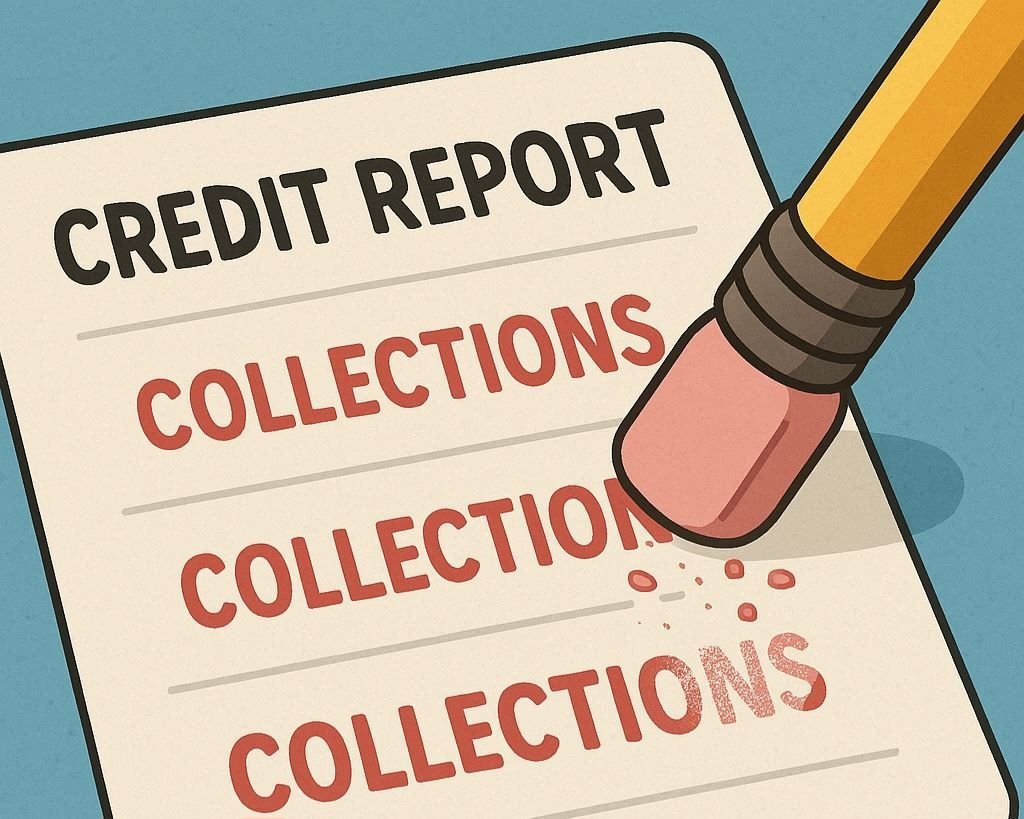Getting a call or letter from a debt collector can be stressful and even scary. But don’t panic — you have rights, and you can handle the situation calmly and strategically. This post will walk you through what to do (and what not to do) when debt collectors reach out.
1. Don’t Ignore the Contact
It might be tempting to avoid calls or throw away letters, but that only makes things worse. Ignoring a debt collector could lead to legal action or damage to your credit.
Instead, open the letter or take the call (once you’re ready), and write down the details: who they are, what they claim you owe, and who they say they represent.
You may even be able to write a cease and desist letter to temporarily put a halt to letters and/or calls.
2. Request a Debt Validation Letter
Debt collectors must send you a written notice (called a debt validation letter) within five days of first contacting you. This letter should include:
- The amount of the debt
- The name of the original creditor
- Information about your right to dispute the debt
If you haven’t received it, you can send them a written request to validate the debt. Do this within 30 days of first contact to protect your rights.
3. Know Your Rights Under the FDCPA
The Fair Debt Collection Practices Act (FDCPA) protects you from harassment and abuse by debt collectors. Here are some of the key protections:
- They cannot call you before 8 a.m. or after 9 p.m.
- They can’t call you at work if you tell them not to
- They cannot threaten you or use obscene language
- They must stop contacting you if you request it in writing
If a debt collector violates your rights, you can report them to the Consumer Financial Protection Bureau (CFPB) or your state’s attorney general.
4. Don’t Admit to the Debt Right Away
Even if you think you might owe the debt, avoid saying things like “yes, that’s mine” until you get everything in writing. Admitting to a debt may reset the statute of limitations, giving collectors more time to sue you.
5. Negotiate or Settle If the Debt Is Legit
Once you’ve confirmed the debt is valid and belongs to you, you can explore options:
- Request a payment plan you can afford
- Offer a lump-sum settlement (often less than the full amount)
- Ask for a “pay-for-delete” agreement (get it in writing)
Be sure to get any agreement in writing before sending money, and keep records of all communication and payments.
6. If You’re Being Sued, Take It Seriously
If a debt collector files a lawsuit, don’t ignore it. Show up to court and consider speaking with a consumer rights attorney. Ignoring a court summons can result in a default judgment — meaning they win automatically and may garnish your wages or bank account.
7. Protect Yourself Going Forward
To avoid future debt collection problems:
- Check your credit report annually
- Create a budget and stick to it
- Build an emergency fund
- Don’t take on more debt than you can handle
Final Thoughts
Debt collectors can be intimidating, but knowledge is your best defense. You have rights, and there are clear steps you can take to protect yourself and resolve the situation. Stay calm, stay organized, and take it one step at a time.





